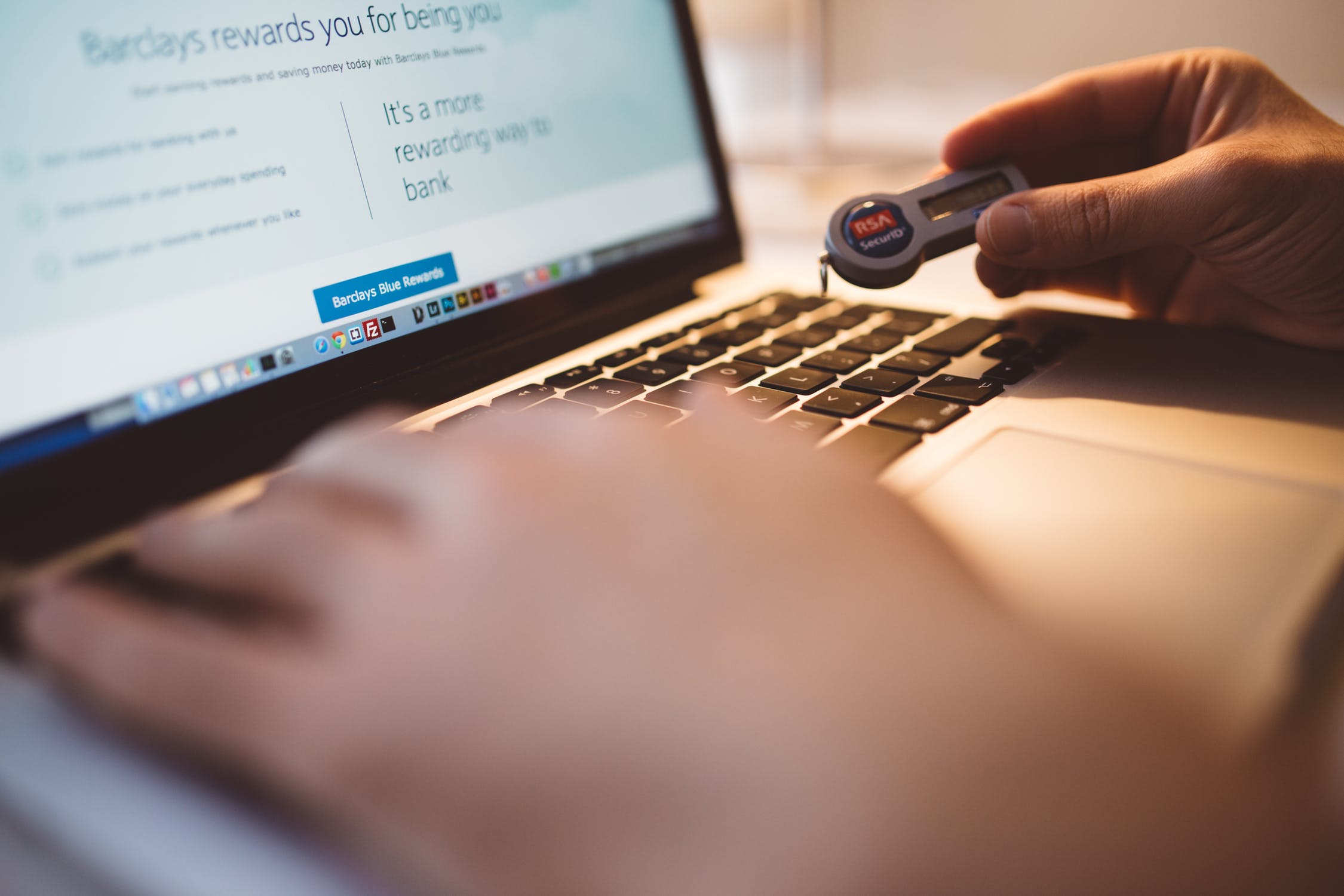The easiest methods can sometimes be to solve tasks. You know you have to protect your website from the bad ones. However, once you have corrected the vulnerability of the site, you are faced with complex concepts and complicated solutions. However, there are the best basic practices to improve the security of your website. Here are eight important things you can do to protect your site now.

- KEEP YOUR SOFTWARE UP TO DATE
It is essential to keep all platforms or scripts installed up to date daily. Hackers aggressively configure vulnerabilities in popular web software, and programs must be updated to address security vulnerabilities. It is essential to maintain and update every software that you use.
- ENFORCE A STRONG PASSWORD POLICY
Using strong passwords is essential. Hackers often use sophisticated software that decrypts passwords forcefully. To be protected against brute force, passwords must be involved and contain uppercase, lowercase, numbers and special characters. It is better if the passwords have at least 10 characters. This password policy must be maintained throughout the organisation.
- Encrypt your login pages
Use SSL encryption in your login pages. SSL allows the secure transmission of confidential information, such as credit card numbers, social security numbers and credentials. The information entered on a page is encrypted so that it has no meaning for third parties who can intercept it. This prevents hackers from accessing your credentials or other private data.
- USE A SAFE HOST
Choosing a safe and reliable web hosting company is very important for the security of your website. Make sure that the host you choose knows the threats and is dedicated to the protection of your site. Your host should also back up your data on a remote server and facilitate recovery if your site is hacked. Choose a host to provide technical support as needed.
- BACKUP OF YOUR DATA
Backup your site regularly. You should create backup copies of all the files on your website if your website becomes inaccessible or if your data is lost. Your web hosting provider should provide backup copies of their own servers, but you should also back up your files regularly. Some content management programs have add-ons or extensions that automatically protect your site. You should also be able to back up databases and content manually.
- HIRE A SECURITY EXPERT
Developing a relationship with a company that provides security services can save your life by protecting your website. Although themselves can do small things, an expert must take many safety measures. Companies that offer security services can periodically check vulnerabilities on your site, perform extensive security checks, monitor malicious activity, and be available for any repairs. You and your team should be vigilant while protecting your site. These practical tips are just the most basic methods: never stop for security reasons on your website. Do not let the bad guys win.
